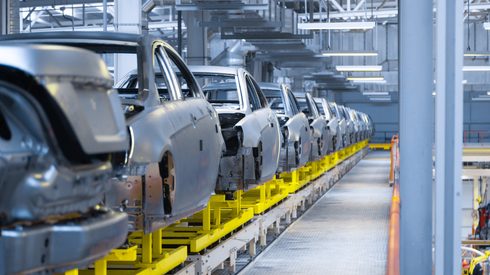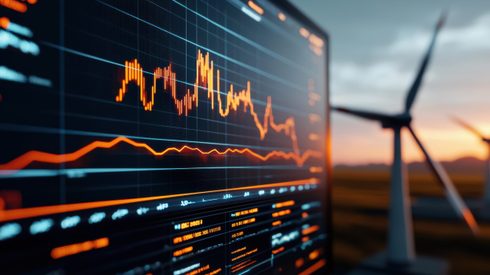The role and use of e-fuels will be limited in the greener, road ahead for transport in the UK, an expert from the Department for Transport (DFT) confirmed this week during a Transport Select Committee hearing in the House of Commons.
Giving evidence during a ‘Fuelling the Future’ investigation launched by the committee this year, DfT’s director of energy, technology and innovation Caroline Low told MPs on Wednesday 16 March that e-fuels would have a “niche” part to play in achieving net-zero in transport.
The comments come a matter of weeks after the use of synthetic fuels in vehicles was deemed an inefficient future prospect by some renewable transport experts during another committee hearing, as the UK works towards government plans to ban the sale of new combustion engine passenger cars by 2035 and vans by 2040.
“There is no suggestion that cars on the road today won’t continue to be on the road, so there will be a small role for e-fuels, but the industry has spoken in terms of where it chose to put its investment,” Low said, adding that the industry had “coalesced around” electrification technology and the electric vehicle (EV) market.
“One of the big reasons for backing the EV market comes back to efficiency on how we use the electricity that is going to sit behind all these future fuels,” Low told MPs.
“Putting that electricity directly in the car rather than turning it into hydrogen and then turning into a fuel is about three times more efficient, which will all be more value for money for the consumer,” Low told MPs.
Also speaking on the panel, parliamentary under secretary of state and the DfT’s Trudy Harrison said that the UK would need 10 times the amount of infrastructure than is currently installed.
“This is why we are spending so much on the infrastructure,” she said, confirming that the government would be releasing its EV infrastructure plan “shortly.”
Harrison echoed sentiments expressed by Low, adding that “while there may be a place for hydrogen [in the decarbonization of transport], we have to think of efficiency as well.”
“The efficiency of an EV is about 70% compared to a fuel cell vehicle, which has 30%, while a direct combustion vehicle is 20%,” she said, adding “but then you have to bear in mind where else you’re going to use hydrogen, like in heating homes, in large vehicles, within the rail sector and maybe in shipping.”
Harrison pointed to the Prime Minister’s 10 point plan for a Green Industrial Revolution, which includes transport decarbonization, under which trials and roll-outs of hydrogen technologies for buses, HGV lorries, shipping and aviation will be carried out.
Harris told MPs however that the country was “way off” the stage required to advance such plans and stressed that the sustainability and supply of hydrogen “must be low carbon.”
Last month, UK automotive lobby the Society of Motor Manufacturers and Traders (SMMT) called for a regulatory body to oversee the roll-out of electric vehicle (EV) charge points and price-setting.
The request came weeks after data commissioned by British Gas showed that EV owners currently face a “postcode lottery” regarding the cost of charging, with prices differing greatly across England and Wales.
Meanwhile, on March 8, the UK government’s Competition and Markets Authority (CMA) received a commitment from leading national EV charge point company Gridserve, allowing for competition to open up at UK motorway services.
Gridserve is the owner of Electric Highway and provides around 80% of all charge points at motorway service stations, with the exception of Tesla charge points.







